Ten Questions for Miller Oberman
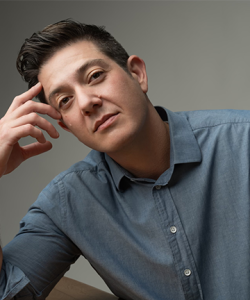
“[T]herapeutic modes can enhance artistic work enormously, because they give us access to our inner workings in fresh, sometimes even revelatory ways. ” —Miller Oberman, author of Impossible Things
Jump to navigation Skip to content
Read weekly interviews with authors to learn the inside stories of how their books were written, edited, and published; insights into the creative process; the best writing advice they’ve ever heard; and more.

“[T]herapeutic modes can enhance artistic work enormously, because they give us access to our inner workings in fresh, sometimes even revelatory ways. ” —Miller Oberman, author of Impossible Things
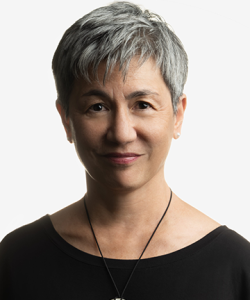
“You can go with intention, or you can explore where the poem leads you. Where your unconscious leads you.” —Kimiko Hahn, author of The Ghost Forest: New and Selected Poems

“Never let the pursuit of perfection be the enemy of the good.” —Steve Wasserman, author of Tell Me Something, Tell Me Anything, Even If It’s a Lie: A Memoir in Essays

“Trust yourself enough to know that you don’t need to do backflips for your readers on the page. Just walk straight ahead.” —Aaron Robertson, author of The Black Utopians: Searching for Paradise and the Promised Land in America
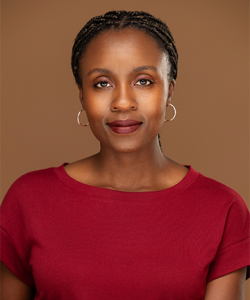
“Take a year, pursue it, and see what happens.” —Afabwaje Kurian, author of Before the Mango Ripens
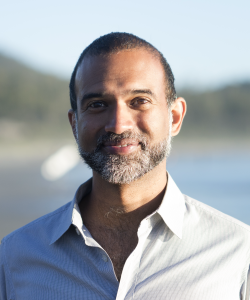
“The orality and intimacy of the lecture bring it closer to some aspects of lyric poetry than the nonfiction essay.” —Srikanth Reddy, author of The Unsignificant
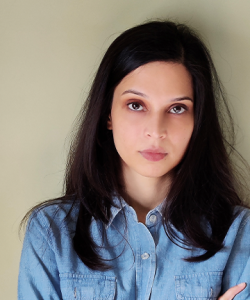
“There is no point in learning how to sculpt if you don’t know where to get the clay.” —Devika Rege, author of Quarterlife.

“Now, though, years have passed, and I do have more peace about my past and my process. From afar, I can finally see what I was doing, and why.” —Jay Baron Nicorvo, author of Best Copy Available: A True Crime Memoir
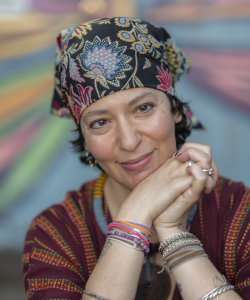
“Don’t forget to have a good time. Stay loose. Enjoy the labor. Follow through.” —Elisa Albert, author of The Snarling Girl
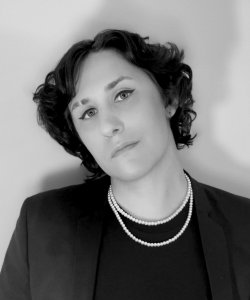
“I’d love to be the kind of writer who sits down at my desk at a specific and predictable time...and write, but I’ve never been that writer. —torrin a greathouse, author of DEED.
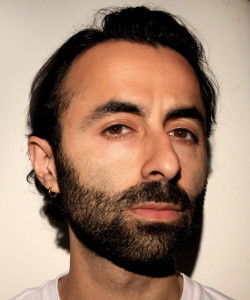
“I thrive in the blur between my waking world and my invented worlds.” —Navid Sinaki, author of Medusa of the Roses

“I treat my life as fodder for literature, so I consider living it (surviving it) as part of writing.” —Ismet Prcic, author of Unspeakable Home

“That I’ve never expected this work to be fast or easy is a priceless gift, my saving grace.” —Bret Anthony Johnston, author of We Burn Daylight

“I wanted to write a book that had the potential to both delight and terrify Philip Roth.” —Karla Cornejo Villavicencio, author of Catalina

“Just tell the truth.” —Kiran Bath, author of Instructions for Banno

“It seems like a necessary step to figure out how to emerge from mess to order.” —Ayşegül Savaş, author of The Anthropologists
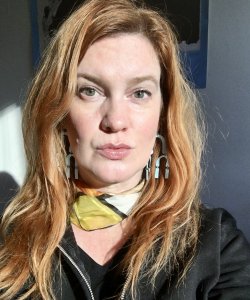
“I have found writing to be like channeling.” —Elizabeth Scanlon, author of Whosoever Whole

“If one poem broke your heart, my next poem should uplift you.” —Tara M. Stringfellow, author of Magic Enuff

“I had to focus on readers who were moved by the same things I was.” —Ananda Lima, author of Craft: Stories I Wrote for the Devil

“My ambition isn’t to write something that lets you shut out the world.” —Maureen Sun, author of The Sisters K
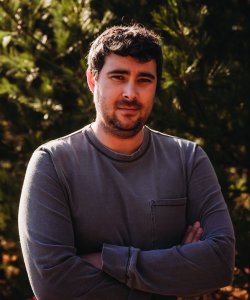
“Every book I read I annotate, trying to figure out the logic of the story.” —Morgan Talty, Fire Exit

“Writing is solitary, but you are not alone.” —Evan Dalton Smith, author of Looking for Andy Griffith: A Father’s Journey
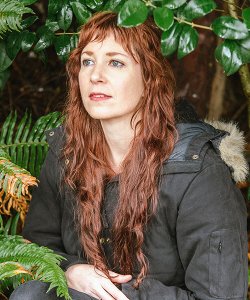
“If I didn’t like writing then I wouldn’t do it.” —Mesha Maren, author of Shae

“Sometimes it’s better to lean into your strengths instead of trying to make up for your weaknesses.” —Melissa Mogollon, author of Oye
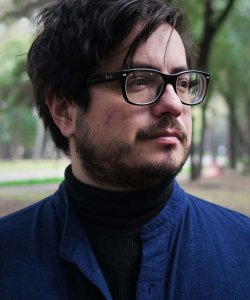
“The task of the novelist, I think, consists of treating life as a research project.” —Nicolás Medina Mora